TU Delft 2021 - (Petro)chemical clusters and safety: A cluster-specific ranking of safety parameters
[Source: Ministry of Infrastructure and Water Management , TU Delft]
Summary
For companies located in a cluster, the risks of one company may give rise to new risks at an adjacent or nearby company. This concerns domino effects, chain effects or adverse effects (injury/damage). For (petro)chemical companies that are geographically located near other companies, it is therefore necessary to approach (process) safety not as an isolated company, but in cooperation with the nearby companies, in order to optimally manage the mutual risks.
A study was carried out by TU Delft with the aim of facilitating, making more concrete and optimising this cooperation between clustered companies. A practical tool has been developed for this purpose.
A (sub)cluster of (petro)chemical companies can use the tool together to set up cooperation initiatives in an optimal and well-founded way to control the mutual risks and to increase (cluster) safety.
Proactive components of the tool are:
- Exchanging safety information
- Assessing and managing mutual risks at cluster level
- Learning from each other
- Uniformity and standardisation of safety
- The cluster of companies as a collective
Reactive parts are:
- Shared emergency equipment and facilities
- Joint emergency organisation and crisis communication
The tool, which also helps to set priorities, is useful for both BRZO companies with and without a domino effect indication, for companies that fall (just) below the BRZO threshold, and for non-(petro)chemical companies.


